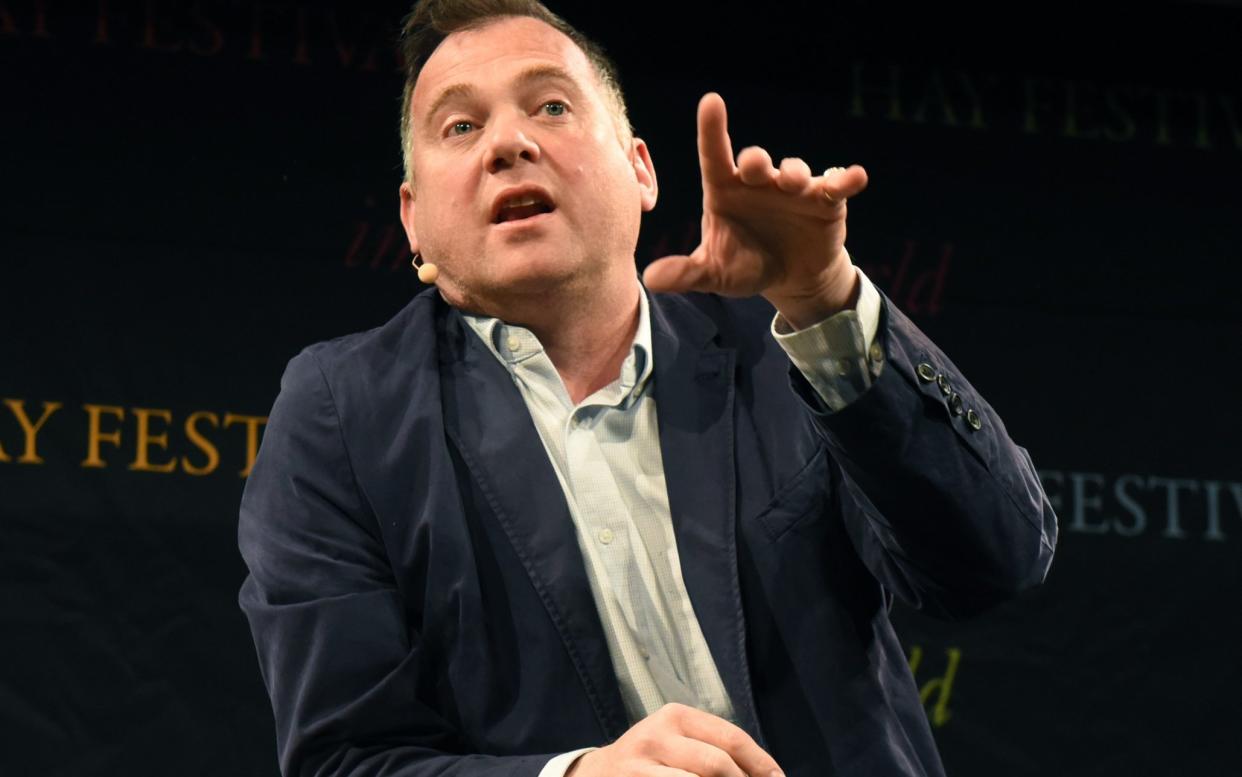Is time running out for Radio 4’s much-loved pips?

The BBC will debate whether to get rid of the six Greenwich Time Signal radio pips in a new special programme celebrating 100 years of the familiar and reassuring sound.
The Radio 4 programme is being presented by host of Broadcasting House Paddy O’Connell and will be played on Monday to mark the centenary of the beeps, used to signify the end of each hour.
The synopsis describes how digital broadcasting has “rendered this time signal delayed and inaccurate”, asking: “So after 100 years, should Radio 4 just get rid of them? What is the point of a time signal in 2024 anyway?”
BBC radio listeners have historically used the six short electronically generated beeps to indicate the precise time of the day, but they have been rendered no longer accurate because the hi-tech digital broadcasting system adopted in Britain has a time lag.
Sound takes two seconds longer to reach a digital radio than a traditional analogue set because of the encoding and decoding of the signal.
Originally generated by two clocks at the Royal Observatory in Greenwich, the sound has been generated in-house by the BBC since 1990 and is based on an atomic clock at Broadcasting House.
The Greenwich Time Signal was designed by Lord Reith, the first head of the BBC, and Astronomer Royal Frank Watson Dyson and the pips were first heard on the broadcaster on Feb 5, 1924.
Much-loved and distinctive
The elongated final pip, lasting half a second, came into being in 1972. The pips sound most hours on Radio 4 and the World Service.
A BBC spokesperson told the Telegraph that “there are no plans to get rid of the Pips” because they are “a much-loved and distinctive part of the fabric and sound of BBC Radio 4.”
The spokesperson added: “We will be celebrating 100 years of the Pips across Radio 4 culminating in a special programme presented by Paddy O’Connell called Do We Still Need the Pips? Spoiler alert – yes we do.”
The programme synopsis states: “Paddy O’Connell looks back across a century of organised beeps, and meets the people who listen to, broadcast and sometimes crash in to the Pips to find out what we really think about these six little characters.”
The broadcaster’s radio presenters try to avoid speaking over the sound as much as possible, but sometimes this has not worked.
In 2019, Radio 4 listeners were left confused when the pips went missing at 9am one morning, only to be played 15 minutes later.
Minor technical glitch
Host O’Connell was baffled when the traditional cue didn’t play, and again when they sounded at 9.15am.
The BBC could not confirm what went wrong but said the “slight delay in it being played out” was a “minor technical glitch” which was “down to human error”.
In 2011, the pips went missing at 5pm, when listeners were told that “the box that creates the audio of the pips had died in the basement of Broadcasting House”.
Despite the room for error and lack of precise accuracy, the company will continue to use the beloved pips for their listeners, many of whom have come to be reassured by the familiar sound.
One listener described how her father had come to rely on the pips to check the clocks in the early 1950s.
The special programme will feature interviews with Radio 4 presenter Mishal Husain as well as Prof Brian Cox and his BBC science series co-host, comedian Robin Ince.
Do We Still Need The Pips? will be broadcast on BBC Radio 4 at 9pm on Monday.

